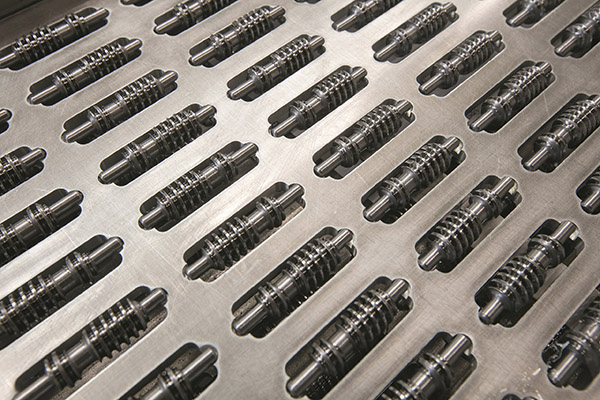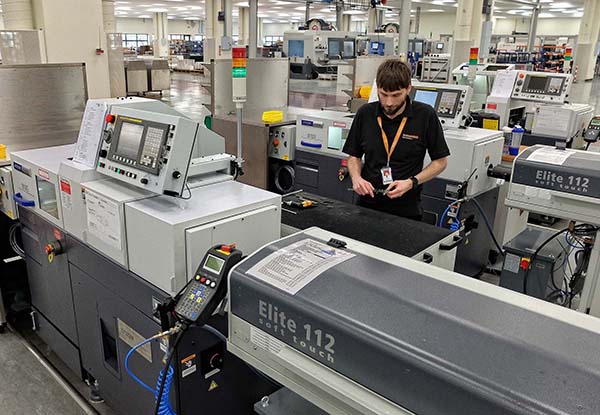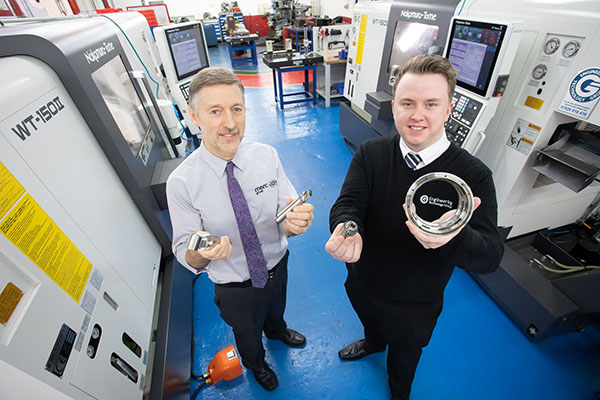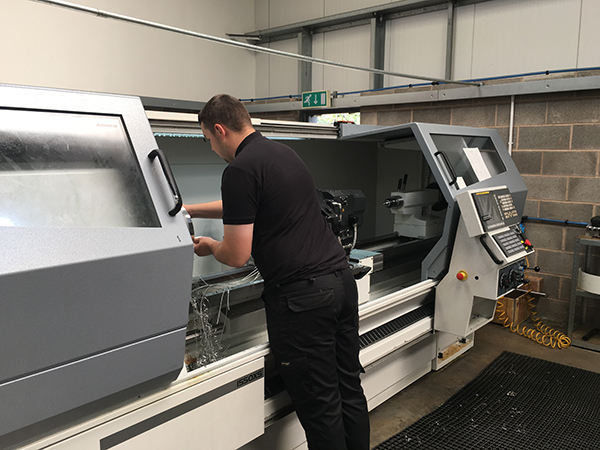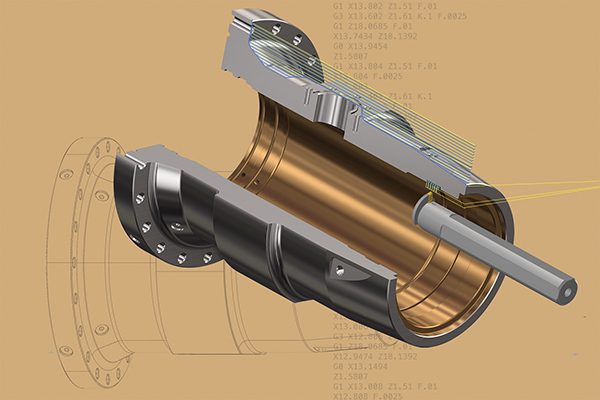Teixidó has been specialising in the mass production of precision parts since it was founded in 1952.

Based in Catalonia, the bar turning company is the largest of its kind in Spain, supplying sectors that include automotive, pneumatic and aerospace. Teixidó produces over 300 million parts every year with an average PPM of 3.
The bulk of the company’s production covers diameters from 0.5 to 20 mm. As Spanish group sales director Xavier Teixidó Pont explains, “many bar turners are capable of producing these diameters, but what distinguishes us from our competitors is our ability to adapt to the tightest tolerances”.
Teixidó has relied on Tornos and its machines since its outset, today running several dozen Tornos CNC machines, including two EvoDeco 20 models that replaced two old Deco 20s.
“We’ve a number of multi-spindle machines as well as our Deco, Delta and EvoDeco fleets,” states production manager Josep Colina Vidal. “We have SAS 16, SAS 16.6 and BS 20.8 cam-type multi-spindles, MultiAlpha, MultiSigma and MultiDeco CNC machines, and several recently acquired MultiSwiss 6×16 machines, including two machines with a Y axis.
“These machines can exceed the specifications required of single-spindle models, offering stable, highly precise machining,” he adds. “And their six spindles make them extremely productive; we can produce far more parts per square metre. This means a MultiSwiss can easily replace three single-spindle turning machines. It’s a very high-performance machine, and I think it’s fair to say we have been seduced by its performance.”
For further information www.tornos.com






